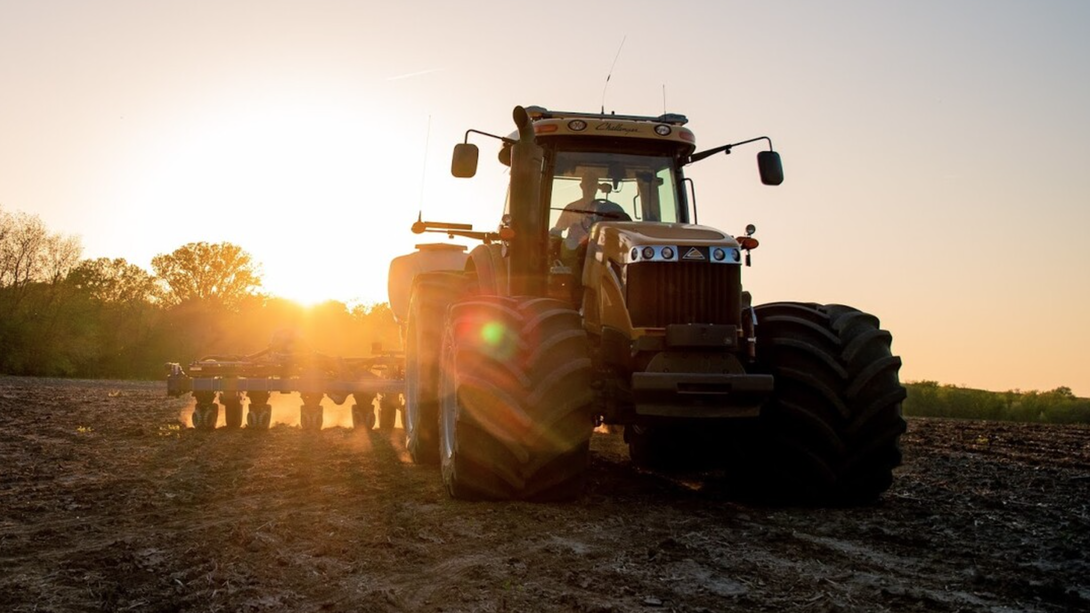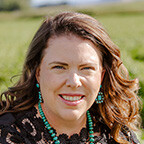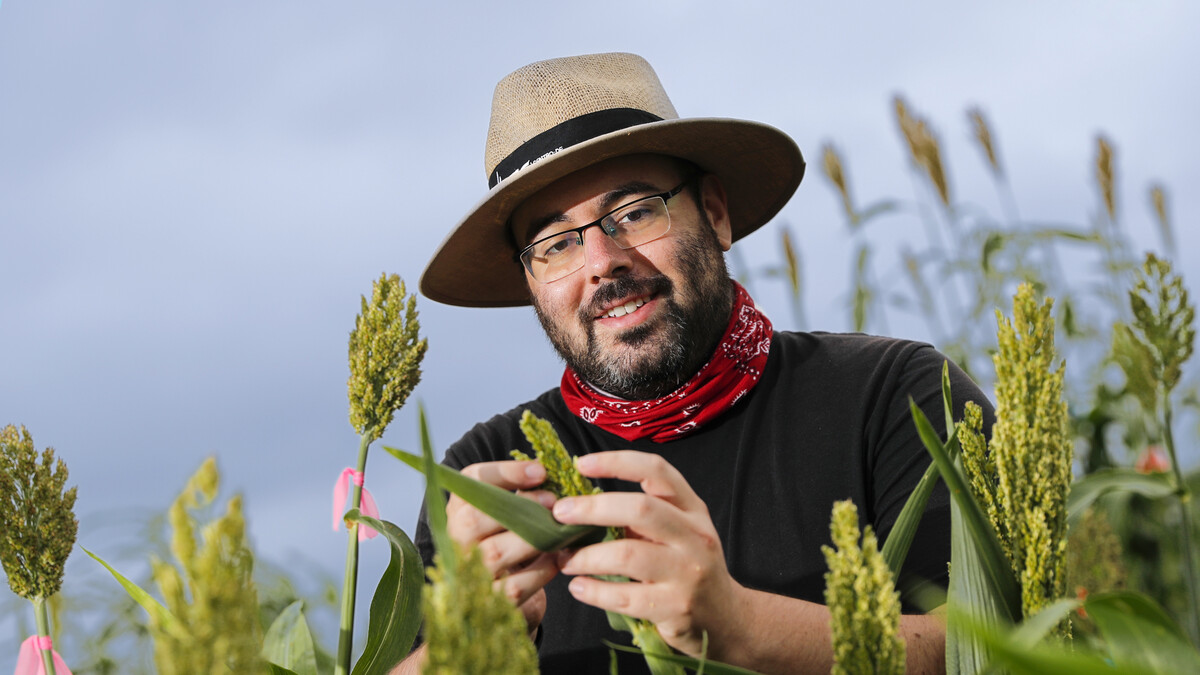
The University of Nebraska–Lincoln’s Center for Agricultural Profitability has launched new resources to help farmers and ranchers without a family heir plan for their operation’s future.
A series of informational articles written by Jessica Groskopf, an agricultural economist with Nebraska Extension, puts together a roadmap to help agricultural producers tackle the sometimes-difficult questions and processes of setting up a succession plan without a family heir.

“While the absence (of a family member) can simplify parts of estate planning, it often creates deeper, more emotional challenges — especially when legacy and identity are tied to the land,” Groskopf wrote in an article.
Groskopf is also offering a webinar, “Succession Planning Without a Family Heir,” at noon July 17. The webinar will cover topics such as how to clarify goals, essential documents, choosing advisers, and building a plan that is legally and practically sound. Registration is available online, and all webinars from the Center for Agricultural Profitability are recorded and viewable in the archive.
Groskopf plans to offer more webinars that will delve further into succession planning, including the legal and tax tools needed.
“It gets really complicated really quickly, so breaking down the information into smaller chunks makes it easier to digest,” she said.
Anecdotally, Groskopf, who works in the Panhandle Research, Extension and Education Center in Scottsbluff, noticed a trend among conversations she’s had with local agricultural producers. Many don’t have a succession plan in place because they don’t have a family member interested in taking over the operations of the farm or ranch business.
Data from the U.S. Department of Agriculture bears this out and suggests it’s an increasingly relevant issue as the average American ag producer is getting older. About 37% of Nebraska’s ag producers are aged 65 and older, according to the 2022 USDA Census of Agriculture, and the average age of producers across the United States is 58. Questions about transition and estate planning were included in the 2017 Census of Agriculture, which showed only slightly more than half (56%) have made any succession plans.
“We are seeing more and more farmers and ranchers who have not identified an heir or person they’re expecting to pass the farm or ranch onto,” Groskopf said. “A lot of resources for succession focus on the next generation, but the reality is that for many of these folks that doesn’t apply, so that’s why we started the series.”
Groskopf is part of a team within the Center for Agricultural Profitability who are trained by the International Farm Transition Network to help producers with succession planning and is leaning on that training to disseminate the information, but she’s also listening to Nebraska’s producers and their concerns.
“I want to keep the series going, and I'm hoping to get feedback from Nebraskans about what else they would like to know about related to this topic,” she said.
For more information or to contact a member of the team to help with succession planning, email the center at cap@unl.edu.







